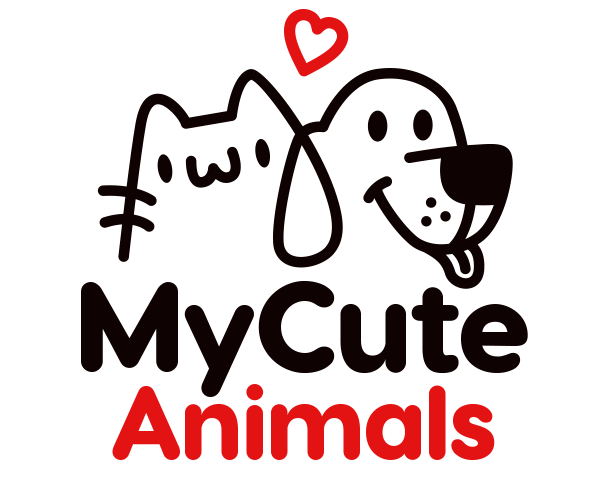Table of Contents
Although a bit of a novelty to many, kiwi is a delicious fruit that is not only nutritious and tasty, but also low in calories. It is necessary in the modern fruit bowl and fruit smoothie, but is it good for your dog? IN this article, we look to examine the health benefits and drawbacks of feeding your dog kiwi, we will address how you might go about feeding your dog kiwi, and will have some frequently asked questions at the end to boot.
Is Kiwi Good for my Dog?
Let’s address the main question to begin with, and then branch into other questions afterward. Yes, your dog can have a kiwi. However, it should be noted that before you feed your dog any kiwi, you should cut it up so that they don’t swallow it whole and potentially choke. This won’t be an issue for smaller dogs, but it will certainly threaten larger breeds.
When introducing anything new, especially human food, start off gradually to see how your dog reacts. This is not so much to see if your dog has an allergy, but rather to see if your dog will actually like the kiwi. After all, dogs will hate certain foods the same way humans do. Similarly, While canines have evolved to be better at eating the foods we eat, not all can digest the snacks we love to share with them.
Kiwis have a tough outer skin, which in conjunction with the flesh, contains high levels of insoluble fiber, commonly known as “roughage.” This stimulates the intestines, making food pass through more quickly. High amounts of fiber in a dog’s diet can result in an upset stomach or a bad case of diarrhea.
Although the skin is safe to eat, it’s best to remove it before feeding the kiwi to your dog. One final thing to note is that whilst dogs can eat kiwi, it has no special or added benefits to their diet.
The Good and the Bad
Feeding your dog the occasional piece of kiwi can provide them with extra vitamins and nutrients that their commercial dog food may be lacking. Vitamin-rich kiwi is a great addition to your dog’s diet. Kiwis are rich in vitamin C, calcium, potassium and fiber. They are also high in lutein (a nutrient that supports healthy eyes) and beta carotene (an antioxidant). This means the additional vitamins and minerals in kiwis can benefit your dog’s overall health and happiness. There are, however, some risks involved with feeding your dog kiwi.
A dog’s digestive system doesn’t allow it to digest the skin on a kiwi properly. The tough skin is likely not toxic but can pose choking risks for small dogs and could block the digestive tract if swallowed whole. Dogs also find tough skin difficult to digest, and this causes gastrointestinal issues more often than not. This is why, as we mentioned earlier, removing the kiwi’s skin is best before feeding time. Too much of anything will have negative effects but don’t feed your dog if you notice any of the following symptoms:
- Vomiting
- Diarrhea
- Lack of appetite
- Painful or distended belly
- Lethargy
Like all food, moderation is key. A few pieces of kiwi should be safe for dogs to eat; too many can cause stomach issues.
How to serve kiwi to your dog?
It is important to thoroughly wash and scrub the outer surface of a kiwi before slicing it for your pet. Cleaning the kiwi can eliminate any risks, so that is the first thing you should do. After this, remove the skin and cut it into small pieces. One suggestion for kiwi is that it can be used as an ingredient for healthy stuffing in treats like Kongs that provides mental stimulation to keep them occupied and away from food which could lead to overeating. perhaps you can even freeze the kiwi and make little popsicle treats for your dog on a hot summer’s day.
What about Kiwi Berries?
We don’t often hear of kiwi berries, but they are the grape-sized, hairless cousin of the kiwifruit and are just as delicious. The two plants are very similar and so kiwi berries are safe for dogs to eat. Just don’t feed your dog a whole berry in case they gulp it down in one and choke.
FAQ’s
Can dogs eat kiwi seeds?
It is recommended to remove the skin and seeds before feeding them as a treat to your dog. As with any new food, it is always wise to introduce kiwi to your dog slowly, so you can easily determine if your dog has an allergy, intolerance or any trouble digesting them.
Can I give my dog kiwi for retinopathy?
Retinopathy is a condition that results from a lack of vitamin E deteriorating your dog’s vision. Kiwi acts as a safeguard against oxidative cell damage and is great for the prevention of breathing problems such as asthma. Kiwi can also provide folate to pregnant dogs, which supports them during the birthing process.
Is it okay for my dog to eat kiwi skin?
Although the inside of a kiwi fruit is a safe snack to feed your dog, you should always avoid feeding your pet any part of the skin or seeds of a kiwi. Like many other fruits, kiwis also contain seeds. Removing the kiwi seeds when feeding them to your dog is best just to be on the safe side.
Can dogs eat gold kiwi fruit?
Yes, dogs can eat gold kiwi fruit – in moderation and after you remove the seeds and skin. Green kiwi is the most popular kind – it’s the kind you’ll find in your supermarket.
Does kiwi have toxins?
The kiwi does have seeds in the center, which may have toxins within them, but as long as you avoid the kiwi seeds, the fruit is a wonderful addition to a natural, clean, whole food diet. A kiwi is one of those fruits you could always eat, and luckily for you, so can your furry friends!




